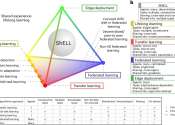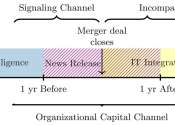A universal domain adaptation technique for remote sensing image classification
Domain adaptation approaches are techniques designed to improve the performance of computational models in specific target domains. These techniques are particularly valuable for tackling problems for which there is only ...









